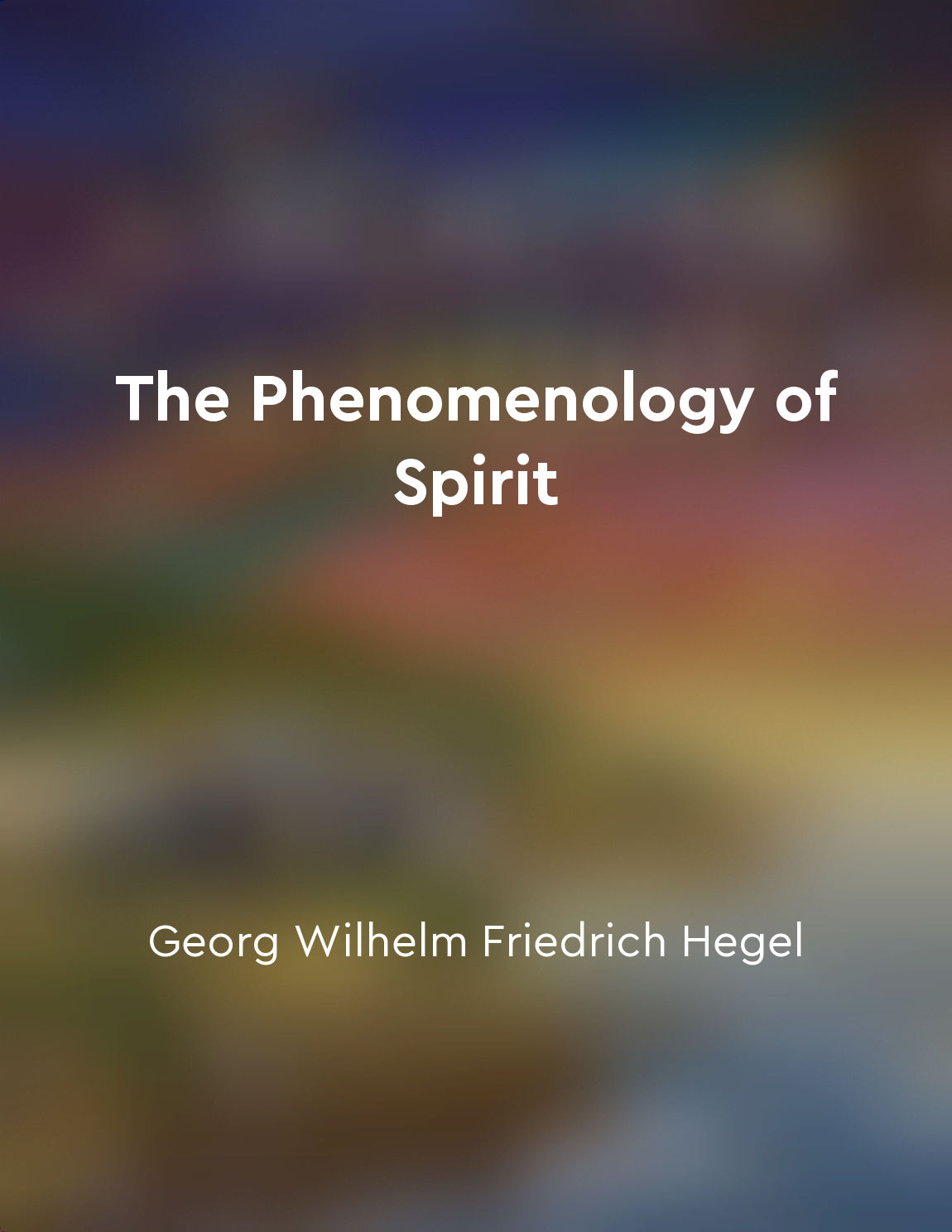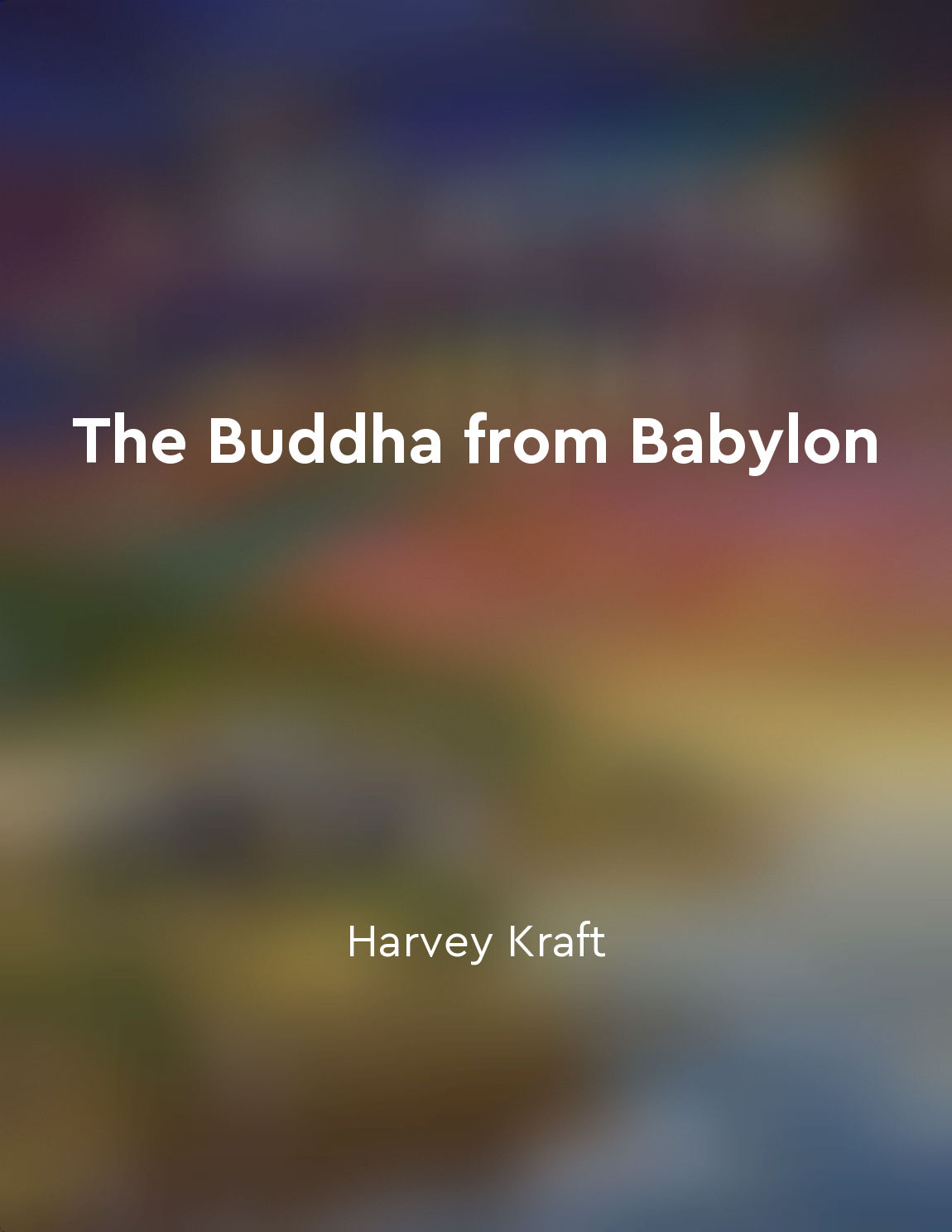Eastern philosophy embraces paradox from "summary" of How the World Thinks by Julian Baggini
The fundamental idea that underpins Eastern philosophy is its acceptance of paradox. Paradoxes are statements that appear to be self-contradictory or absurd, yet contain a deeper truth when properly understood. While Western philosophy often seeks to resolve paradoxes or eliminate contradictions, Eastern thinkers are comfortable with ambiguity and complexity. They recognize that reality is multifaceted and cannot be reduced to simple binary distinctions. One of the key concepts in Eastern philosophy is the idea of yin and yang, which represents the duality and interconnectedness of all things. The yin and yang symbol, with its swirling black and white halves, illustrates how opposites can coexist and even depend on each other for their existence. This understanding of complementarity and balance is central to Eastern thought, which seeks harmony rather than absolutes. Another important aspect of Eastern philosophy is the concept of non-duality, which challenges the idea of separate entities and encourages a more holistic view of the world. Non-duality suggests that all apparent distinctions are illusory and that everything is ultimately interconnected. This perspective invites a shift in consciousness towards unity and oneness, transcending the limitations of individual identity. Eastern philosophers also emphasize the importance of paradoxical language and poetic expression to convey deep truths that cannot be captured by rational discourse alone. By embracing paradox, they invite us to think beyond conventional logic and explore the mysteries of existence with an open mind and heart. This willingness to embrace ambiguity and contradiction is a hallmark of Eastern wisdom, inviting us to explore the profound complexities of life with humility and awe.Similar Posts
Buddha's teachings are not about following blindly but about questioning and finding answers within ourselves
The teachings of Buddha are not meant to be blindly followed. They are not commandments that one must unquestioningly obey. Ins...
Dogen encourages practitioners to let go of attachment to the self in order to find true liberation
Dogen consistently emphasizes the importance of releasing attachment to the self as a crucial step on the path to true liberati...

Epistemological shifts
The process of epistemological shifts is crucial in the development of human consciousness. These shifts mark the progression f...

The self as a product of history
The self is not a static entity, but rather a dynamic process that unfolds over time. It is shaped and molded by the events, ex...

Buddha's teachings transcend time and geography
The teachings expounded by the Buddha are not bound by the constraints of time and place. They are not confined to a particular...
May the blessings of Lord Shiva guide you on your spiritual journey
In the vast realm of spirituality, Lord Shiva stands as a revered deity who symbolizes transformation, destruction, and creatio...
